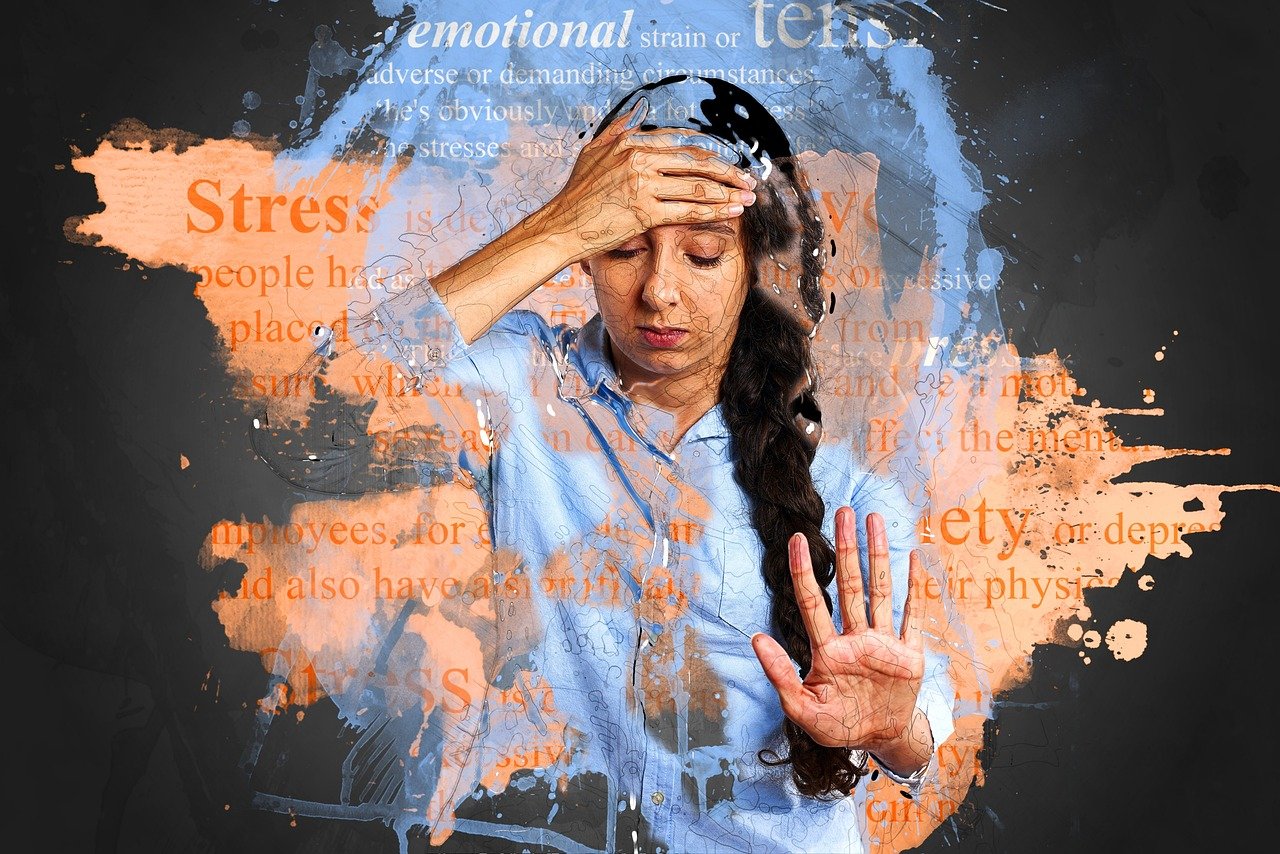Understanding and Managing Anxiety Disorder: A Comprehensive Guide
Introduction
Anxiety disorders are a common mental health condition characterized by excessive and persistent worry, fear, or nervousness. These feelings can interfere with daily activities, relationships, and overall well-being. While anxiety is a normal human emotion, anxiety disorders represent a more severe and debilitating form. This article will delve into the nature of anxiety disorders, their symptoms, causes, and effective management strategies.
What is Anxiety Disorder?
Anxiety disorders encompass a range of conditions, including:
- Generalized Anxiety Disorder (GAD): Chronic and excessive worry about everyday events.
- Panic Disorder: Recurrent unexpected panic attacks, characterized by intense fear or discomfort.
- Social Uneasiness Issue: Overpowering nervousness in friendly circumstances. Explicit Fears: Extreme apprehension about unambiguous articles or circumstances. Over the top Enthusiastic Problem (OCD): Intermittent, undesirable contemplations (fixations) and monotonous ways of behaving (impulses). Post-Horrendous Pressure Issue (PTSD): Creates subsequent to encountering or seeing a horrendous mishap.
Symptoms of Anxiety Disorder
The side effects of nervousness problems can shift contingent upon the particular condition.. Common symptoms include:
- Excessive worry or fear
- Panic attacks
- Rapid heart rate
- Sweating
- Trembling
- Shortness of breath
- Dizziness
- Nausea
- Difficulty concentrating
- Insomnia
Causes of Anxiety Disorder
The exact causes of anxiety disorders are not fully understood, but a combination of factors is believed to contribute, including:
- Genetics: Family history of anxiety disorders
- Brain chemistry: Imbalances in neurotransmitters
- Environmental factors: Stressful life events, trauma
- Medical conditions: Certain physical health problems
Impact of Anxiety Disorder
Anxiety disorders can have a significant impact on various aspects of life, including:
- Relationships: Difficulty maintaining close relationships
- Work or school performance: Impaired concentration and productivity Actual wellbeing: Expanded hazard of constant medical issue
- Quality of life: Overall decreased well-being and enjoyment of life
Managing Anxiety Disorder
Effective management of anxiety disorders often involves a combination of therapeutic approaches:
- Treatment: Mental social treatment (CBT) is a normally utilized treatment that spotlights on distinguishing and changing negative idea designs.
- Medication: Anti-anxiety medications and antidepressants can be helpful in managing symptoms.
- Lifestyle changes: Regular exercise, healthy diet, sufficient sleep, and relaxation techniques can improve overall well-being.
- Support groups: Connecting with others who share similar experiences can provide valuable support and coping strategies.
Seeking Professional Help
If you or someone you know is experiencing symptoms of anxiety disorder, it is essential to seek professional help. A mental health professional can provide an accurate diagnosis and develop a personalized treatment plan.
Conclusion
Assuming you are battling with nervousness, recollect that you are in good company, and help is accessible.
Note: This article is expected for enlightening purposes just and doesn’t comprise clinical counsel. Please consult with a qualified healthcare professional


